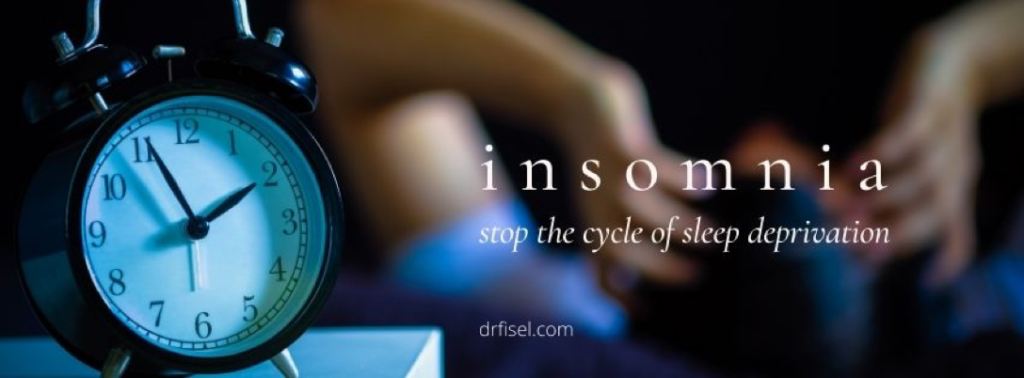
You feel stressed during the day and it’s hard to quiet your mind at night.
Then you can’t sleep at night because there are too many things to worry about.
The next day you feel a bit depressed because you are tired and stressed out.
So starts the cycle of stress, sleep deprivation and depression. I can tell you why this might be happening and help you get yourself back into a healthy pattern of sleep.
Here are some common questions people ask about insomnia and sleep deprivation:
HOW MUCH SLEEP DO I NEED?
It is generally recommended that you get 7-9 hours of sleep each night. Depending on your age you may need more or less. It’s always important to evaluate what works best for you as an individual. I can help you figure out what is most healthy for your body.
WHY IS SLEEP SO IMPORTANT?
There are so many benefits to getting a good night’s sleep. Here are just a few things that a restful night can provide you during the day:
- A calm mind
- Less anxiety and stress
- Increased immunity
- Improved mood
- More energy
- Weight management
- Healthy human connections
- Better memory
WHAT CAUSES INSOMNIA?
Insomnia can generally be thought of as a perpetuating cycle. Lack of sleep can be caused by behavioral factors, physiological factors, or a combination of both.
For instance, it is common for people to lose sleep over stress which can bring about forms of anxiety and depression. Anxiety and depression are known causes of insomnia.
Another contributing factor to insomnia is the presence of poor sleep habits.
I like to get to the root of, and address, the underlying symptoms of insomnia to alleviate your issues from a whole human perspective.
HOW DO WE GET TO THE ROOT CAUSE OF MY SLEEPLESSNESS?
In looking for the root cause of your insomnia, we can look at BEHAVIORAL FACTORS such as:
- Daytime routines that contribute to stress
- Eating habits that may lead to heartburn, indigestion or other internal issues
- Movement habits that may cause pain
- Lack of movement
We can also look at PHYSIOLOGICAL FACTORS such as:
- Hormone issues like peri-menopause or menopause
- Depression and anxiety
- Sleep Apnea
It is important to reiterate that sleep disorders, like insomnia, are part of a cycle that perpetuates itself. Sometimes the contributing behavioral factors create physiological factors and vice versa.
WHAT ARE SOME NATURAL WAYS TO GET TO SLEEP?
As a naturopathic doctor, I want to help you find natural solutions for your insomnia. Here are a few general tips that you can try on your own:
- Manage your daily stress. This may mean letting go of work or nighttime commitments, delegating responsibilities, practicing mindfulness about what you say yes or no to, and even taking a pause in your day to meditate.
- Practice sleep hygiene. Make a conscious effort to slow your mind down before you go to bed. Turn off screens and put away reading materials at least an hour before sleep. Wind down by taking a warm bath, turning off overhead lights, and putting a few drops of lavender oil in a bedside diffuser.
- Think outside the box. Acupuncture is one of the services I provide that is a supplemental therapy beneficial to insomnia and other sleep issues. Another suggestion would be to try Integrative Therapeutics Cortisol Manager, a stress hormone stabilizer, I sell in my office.
I can help you find natural solutions and relief if you are suffering from insomnia, and help you get out of the cycle of sleep deprivation naturally.
If you live in the Guilford/ Branford/ New Haven/ Madison/ Clinton area and would like to learn more about the innovative programs Dr. Fisel has to offer, call (203) 453-0122 or CLICK HERE to schedule a consultation.


